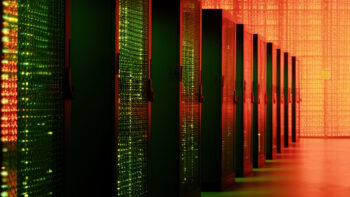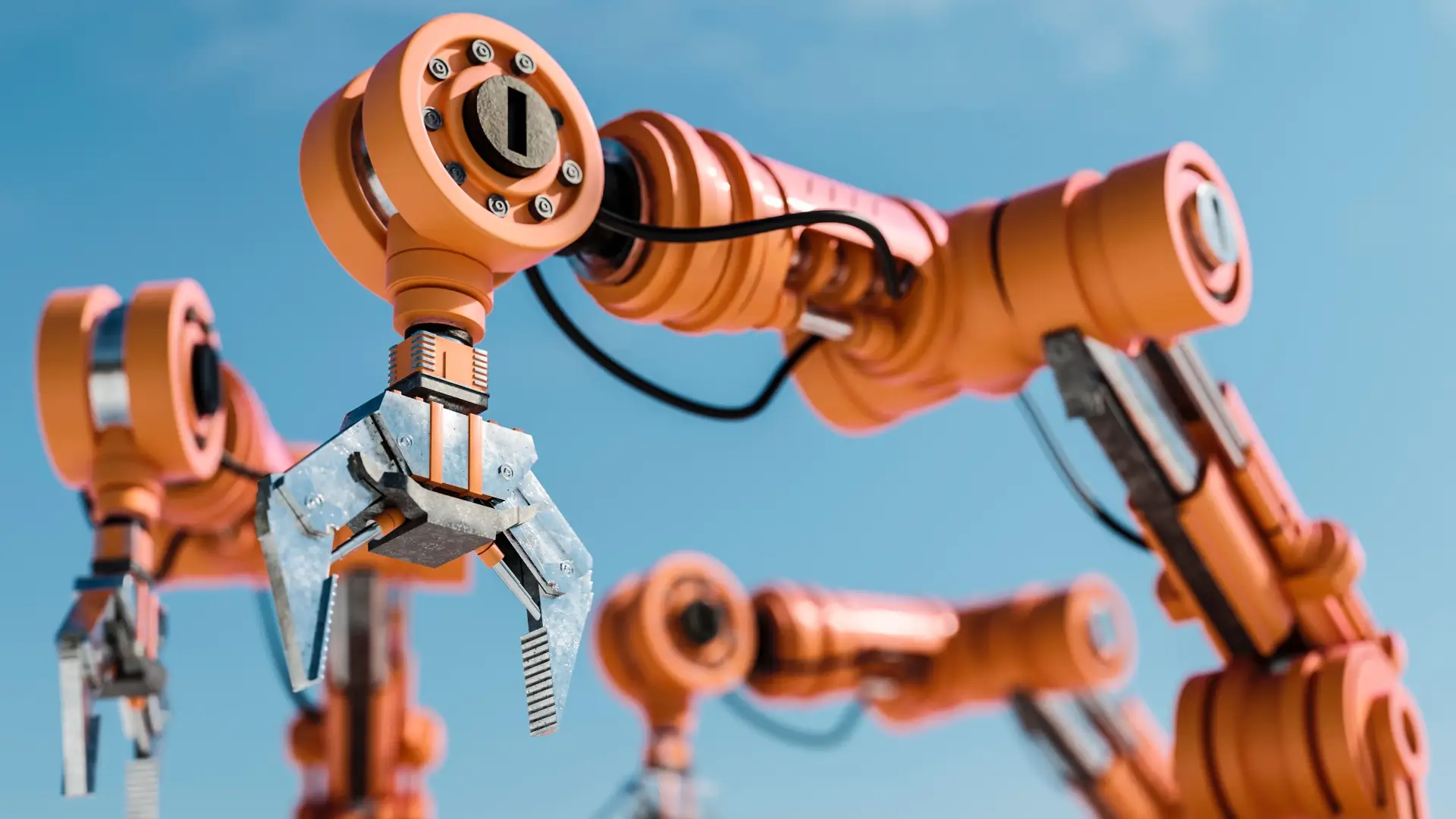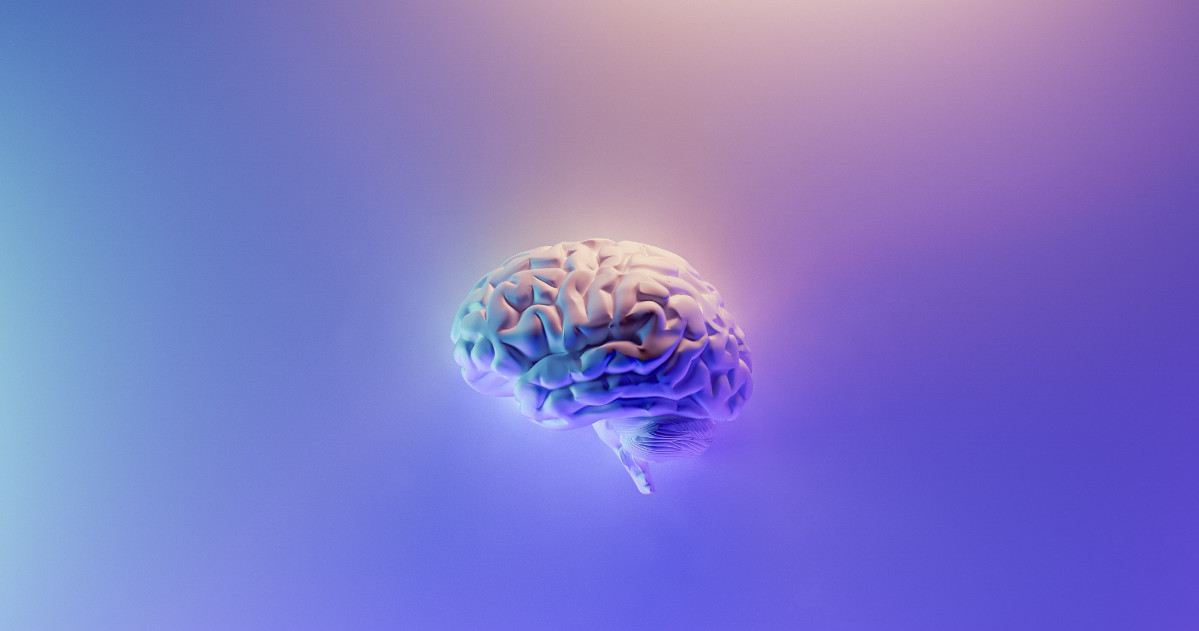The creator of the popular AI model Claude, Anthropic, is close to reaching a settlement in a landmark copyright class action lawsuit. The step allows the company to avoid a potentially costly and, more importantly, precedent-setting court battle that could affect the entire artificial intelligence industry.
The case is a focal point in the growing conflict between AI developers and content creators.
The dispute centres on the fundamental question of the legality of using copyrighted works to train commercial AI models without the consent and compensation of the authors.
Technology companies often argue that such activity is necessary for innovation and falls within fair use. Creators, on the other hand, see this as a massive theft of intellectual property that feeds a multi-billion dollar market.
The lawsuit against Anthropic gained prominence after US District Judge William Alsup certified it as a class action, potentially involving up to 7 million authors.
A key allegation that could weaken the company’s litigation position was the suggestion that at least some of the training data – including tens of thousands of books – came from pirated sources. This distinguishes the case from the hypothetical use of legally acquired copies and makes a fair use defence more difficult.
Although the details of the agreement have not yet been made public, the decision to settle is seen as a strategic move.
Anthropic, like competitors such as OpenAI and Meta who also face similar accusations, thus avoids the risk of a court ruling that would establish a binding legal doctrine for the entire industry.
A settlement, rather than a judgment, does not create hard law, but sends a clear financial and market signal. It indicates that the costs of a potential lawsuit and the risk of losing are high enough that AI companies are beginning to calculate the profitability of licensing data.
The final terms of the agreement will be closely watched by the industry as a whole, potentially becoming a template for future settlements and shaping new rules for responsible data acquisition for AI training.












